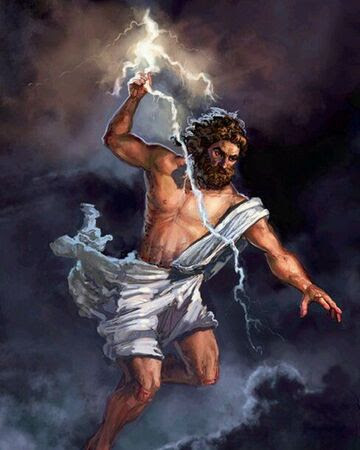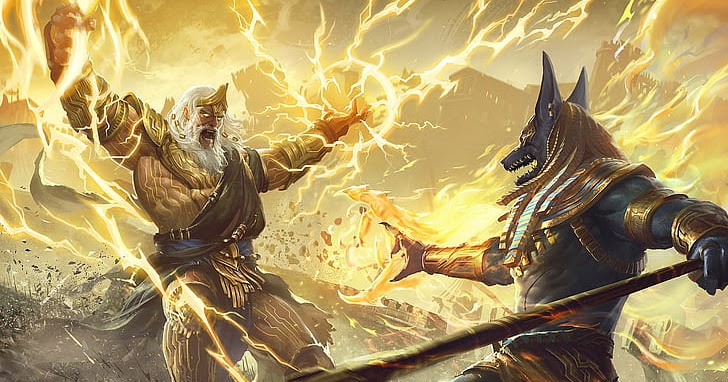

Unfortunately, she made the mistake of telling her husband one of her prophecies: She and Zeus would have a son who would become more powerful than his father. As her name suggests, she had a reputation for being rather wise and prophetic. Wow, history really does repeat itself, doesn't it? Metis, named for the Greek phrase for "cunning intelligence," was Zeus's first wife. When they won, Zeus, Hades, and Poseidon divvied up the world amongst themselves: The underworld went to Hades, Poseidon scored the seas and oceans, and Zeus got the skies, putting him above all other gods - literally. Eventually, Zeus and Rhea got Kronos to vomit up the other kids (and the stone!), and Zeus led his siblings in a revolt to overthrow Kronos and the Titans. Kronos swallowed the stone and Zeus went on to be raised by nymphs on the island of Crete. Rhea (unsurprisingly) wasn't super-stoked about the situation, so when she gave birth to their sixth child, Zeus, she smuggled him to Crete and swapped in a blanket-wrapped stone to fool Kronos. Thanks to that unsettling strategy, the couple's first kids, Hera, Poseidon, Hades, Hestia, and Demeter all spent their first years in the belly of Kronos. Rather than take a risk of being bested, Kronos did what any logical father would do every time his wife gave birth: He took the newborn and swallowed it whole. Like his father, Uranus, Kronos had heard a prophecy that one of his sons would dethrone him. Zeus was born to the brother and sister duo (yup) of Titans Kronos and Rhea. He's known as the king of the gods and a ruler of mankind, and he had the power to intervene in just about any decision made by the other gods (but he couldn't control the fates - that was beyond even his abilities).

Many of these creatures have become almost as well known as the gods, goddesses and heroes who share their stories.Zeus is, in short, a pretty big deal. Monsters and “hybrids” (human-animal forms) also feature prominently in the tales: the winged horse Pegasus, the horse-man Centaur, the lion-woman Sphinx and the bird-woman Harpies, the one-eyed giant Cyclops, automatons (metal creatures given life by Hephaestus), manticores and unicorns, Gorgons, pygmies, minotaurs, satyrs and dragons of all sorts.

Human heroes-such as Heracles, the adventurer who performed 12 impossible labors for King Eurystheus (and was subsequently worshipped as a god for his accomplishment) Pandora, the first woman, whose curiosity brought evil to mankind Pygmalion, the king who fell in love with an ivory statue Arachne, the weaver who was turned into a spider for her arrogance handsome Trojan prince Ganymede who became the cupbearer for the gods Midas, the king with the golden touch and Narcissus, the young man who fell in love with his own reflection-are just as significant. Greek mythology does not just tell the stories of gods and goddesses, however.

They explained everything from religious rituals to the weather, and they gave meaning to the world people saw around them. “The first is to answer the sort of awkward questions that children ask, such as ‘Who made the world? How will it end? Who was the first man? Where do souls go after death?’…The second function of myth is to justify an existing social system and account for traditional rites and customs.” In ancient Greece, stories about gods and goddesses and heroes and monsters were an important part of everyday life. “Myth has two main functions,” the poet and scholar Robert Graves wrote in 1955.


 0 kommentar(er)
0 kommentar(er)
